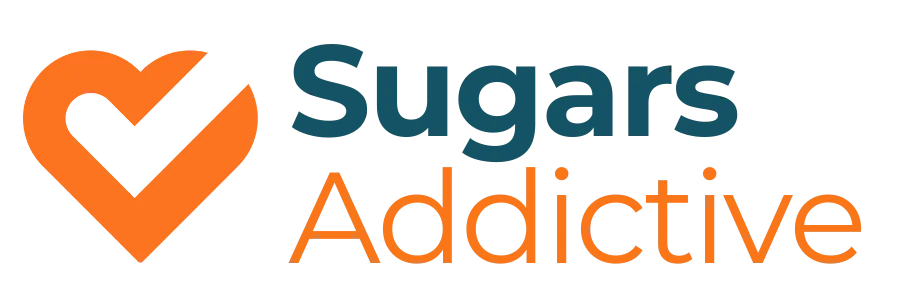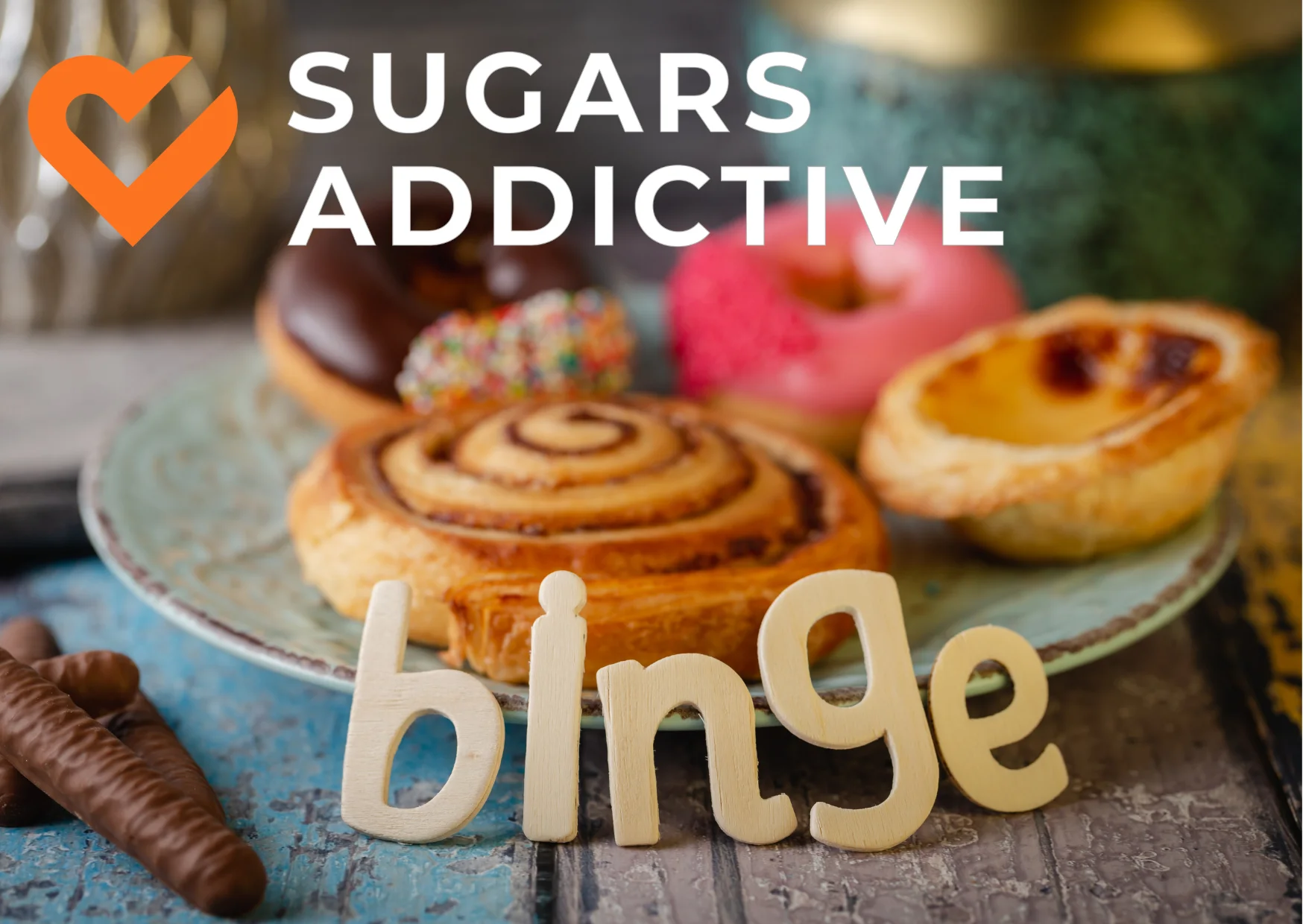Navigating Personal Transformations and Relationships
Meet my great friend and “nosugarcoach” Cheryl Poulin! Together we have created a youtube channel Sweet Recovery in which we record our conversations around sugar addiction and recovery. We wanted to create a light hearted place to consider our own personal challenges with sugar and processed food and how we have been able to over come our challenges always one day at a time. In this recording we discuss the challenges of personal transformations, such as losing weight or giving up alcohol, and how it can affect relationships with others. Cheryl shared her experiences of feeling ostracized and losing shallow relationships when she stopped drinking alcohol. Kate emphasized that such changes can be difficult to navigate, especially when they threaten established social connections. Both women agreed that such transformations are a natural part of life’s journey, and that it’s essential to evolve and create new friendship circles as one’s interests and circumstances change. How we deal with that is the interesting part.





